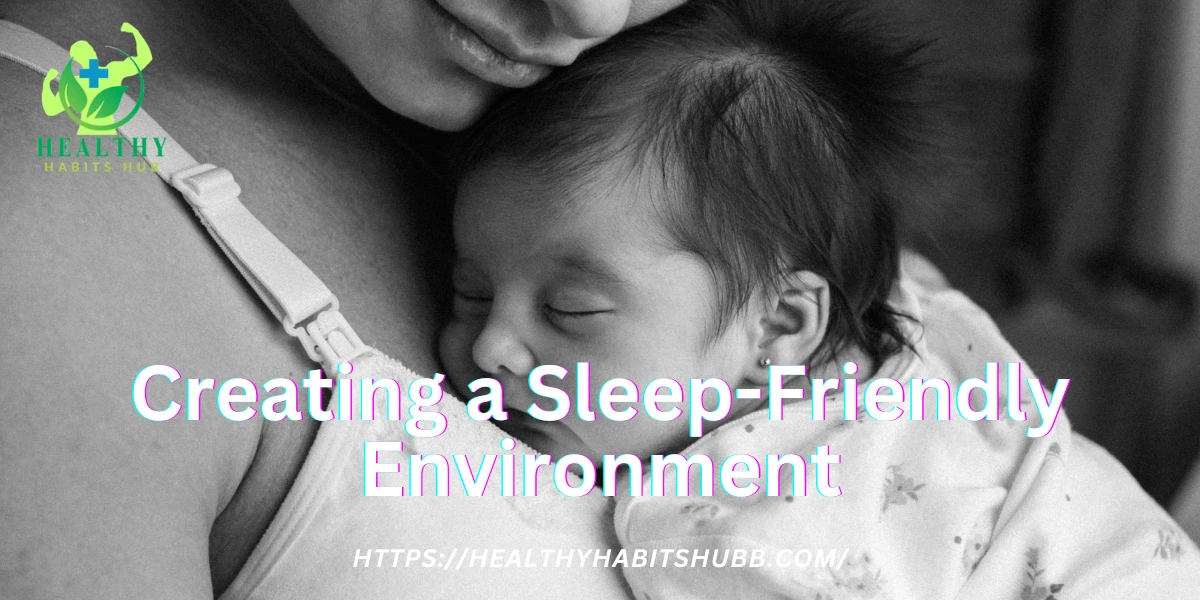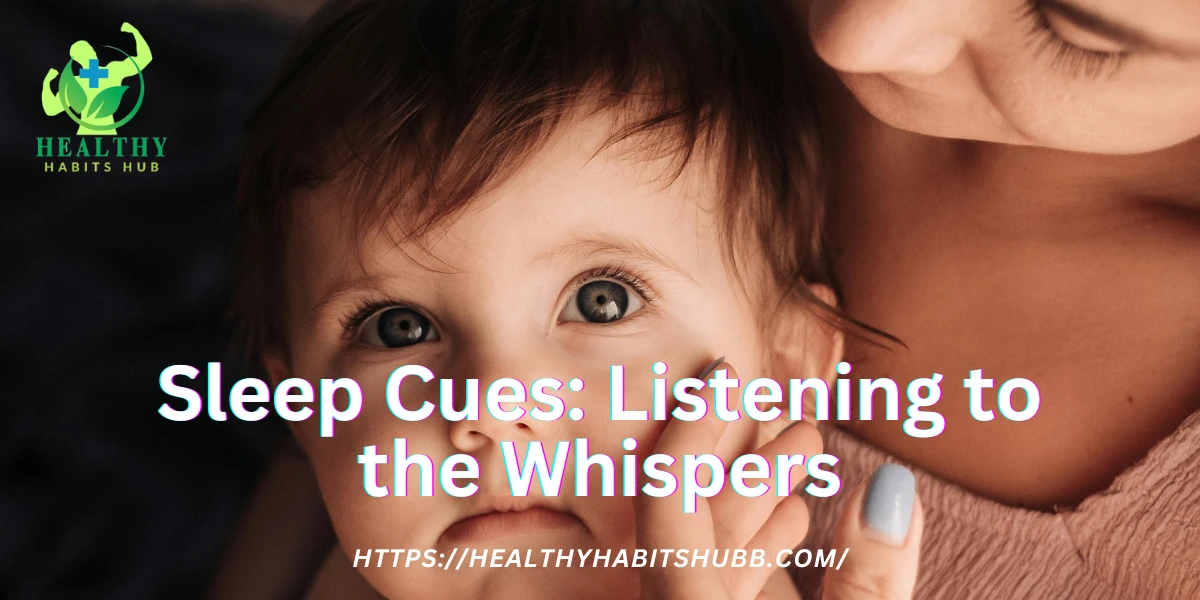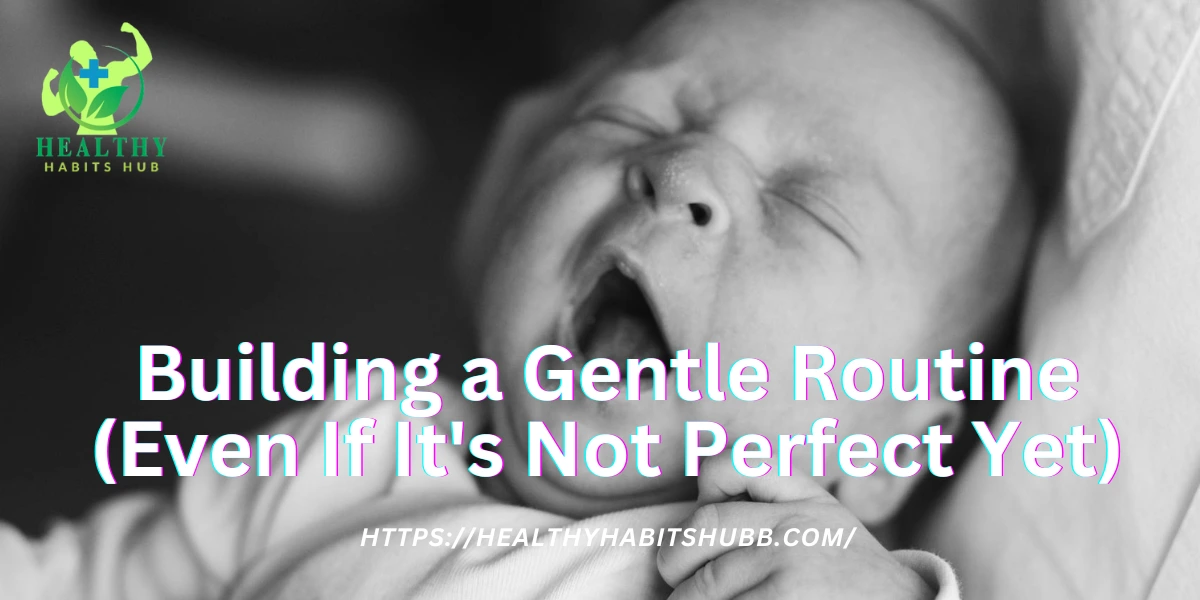Seeing a newborn baby sleep is truly enchanting, with their tiny eyelids fluttering, their gentle sighs, and the occasional hand twitch. Beneath that serene picture, however, is a very real problem for new parents: How can you both get enough sleep and help your baby sleep?
In the early weeks, sleep can feel like a distant dream. Between midnight feedings, diaper changes, and worry-filled check-ins just to see if the baby is breathing, many moms and dads find themselves overwhelmed, exhausted, and emotionally drained. If you’re reading this while holding your baby at 3 a.m., barely awake—this blog is for you.
Let’s walk through the gentle art of newborn sleep care together, step by step, heart to heart.
🌙 Understanding Baby Sleep: It’s Not Like Ours
Table of Contents
Toggle
First of all, the sleep patterns of newborns and adults are completely different. Your child is incapable of distinguishing between day and night. Their circadian rhythm, or body clock, is still developing. Newborns wake up a lot and nap at irregular intervals because of this.
Newborns typically sleep:
- 14 to 17 hours per day, broken into short naps
- In cycles of 2 to 4 hours
- Waking often for feeding, comfort, or diaper changes
This is all normal. Frustrating, yes—but completely healthy.
🧸 Creating a Sleep-Friendly Environment

Even though you can’t control when your newborn sleeps, you can create a soothing space that makes sleep easier and safer.
Here’s how:
- Dim the lights: Babies respond to light cues. A dark, quiet room at night helps signal sleep.
- White noise works wonders: Gentle, consistent sounds can soothe babies and drown out distractions.
- Swaddle with love: Many newborns feel secure in a soft swaddle. It mimics the cozy feeling of the womb.
- Temperature matters: Keep the room comfortably cool (around 68–72°F / 20–22°C) and dress the baby appropriately.
- Safe sleep first: Always place your baby on their back, on a firm mattress, with no pillows, blankets, or toys in the crib.
Remember: sleep safety isn’t negotiable. Sudden Infant Death Syndrome (SIDS) is a real risk, and the right sleep practices can dramatically reduce it. For more, visit AAP’s Sleep Safety Guidelines.
💭 Sleep Cues: Listening to the Whispers

Babies don’t speak, but they communicate through behavior. Spotting your newborn’s sleepy signals early can prevent them from becoming overtired—which makes falling asleep harder.
Look out for:
- Rubbing eyes
- Yawning or hiccuping
- Looking away or staring blankly
- Fussing or whining
When you see these signs, it’s your cue to begin a gentle wind-down routine. Timing is everything. A well-timed nap can make all the difference.
🕰️ Building a Gentle Routine (Even If It’s Not Perfect Yet)

You don’t need a strict schedule—but predictability helps your baby feel secure.
Here’s a simple newborn sleep routine idea:
- Feed the baby in a calm, quiet place
- Change the diaper and softly swaddle
- Rock or sway gently while humming or talking
- Lay down in crib or bassinet once drowsy—but not fully asleep
- Let them settle—yes, even if it takes a moment
Doing this repeatedly helps babies begin to associate signals like dim light, soft sounds, and gentle touch with sleep. It’s not sleep training—just loving guidance.
🍼 Feeding and Sleep: The Connected Cycle
Hunger is the number one reason babies wake at night—and that’s okay. Whether you’re breastfeeding or formula feeding, newborns need to eat every 2 to 3 hours. Over time, they will naturally stretch these windows.
To support better sleep:
- Ensure your baby is getting full feeds, not just snacking
- Burp gently after each feed to avoid discomfort
- Try feeding slightly earlier in the bedtime routine so they’re not fully asleep when you lay them down
Pro tip: if your baby wakes 20 minutes after being put down, it may be gas or a startle reflex. Swaddling or gentle holding might help.
🌟 When Baby Won’t Sleep: It’s Not Your Fault

Sometimes, even when you do everything right, your baby still won’t sleep. Maybe they’re going through a growth spurt, a leap in development, or just need extra cuddles. This is where you remind yourself:
👉 You’re doing an amazing job.
👉 It’s not forever.
👉 Your baby isn’t broken—and neither are you.
On tough nights, trade shifts with your partner. Ask a friend or family member to help during the day so you can nap. Take care of yourself, because your well-being is part of your baby’s care too.
🩺 When to Talk to a Pediatrician
While sleep struggles are common, there are moments when you should check in with a doctor:
- If your baby snores loudly or has trouble breathing during sleep
- If they’re excessively sleepy or hard to wake
- If feeding and sleep patterns suddenly change drastically
Never hesitate to bring up sleep concerns during wellness check-ups. Sometimes, even mild reflux or allergy can interfere with restful sleep.
💖 A Message to Tired Parents

Dear mama, dear papa—if you’re tired to the bone and wondering if you’ll ever sleep again, this is your reminder: You’re not alone. Millions of parents have walked this road with bleary eyes and heavy hearts—and emerged stronger, softer, and more in love with their child than they ever imagined.
Sleep will come.
Your baby will grow.
And these long nights will one day become soft memories—of rocking, singing, whispering lullabies in the dark.
Breathe. You’ve got this. 💕
📚 Want to Read More?
Here are some helpful links for baby sleep care:

